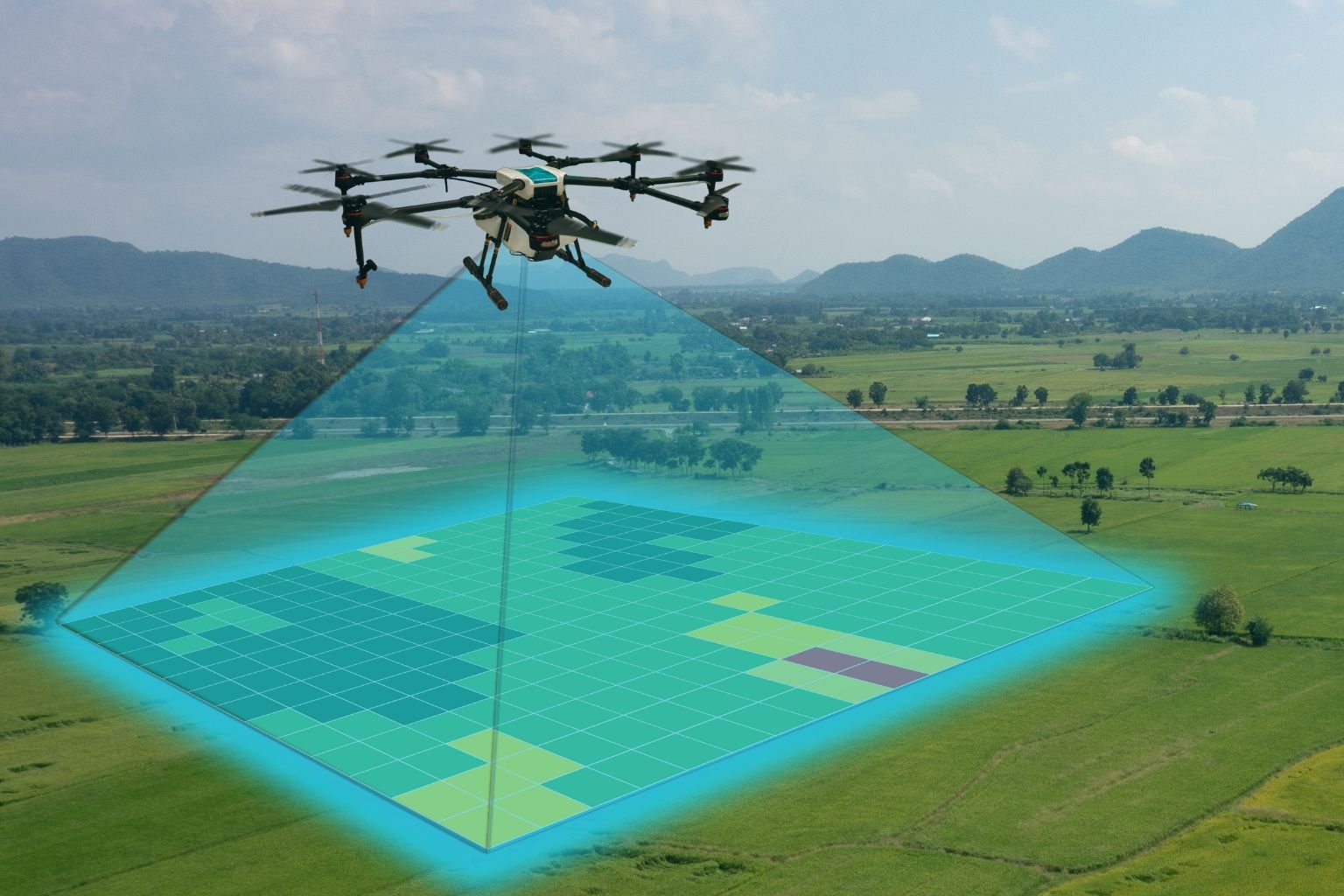New Delhi, September 2025 — India’s agricultural education system is undergoing a transformation, thanks to the National Agricultural Higher Education Project (NAHEP), a joint initiative of the Indian Council of Agricultural Research (ICAR) and the World Bank. The project is equipping agricultural universities with cutting-edge technology, modern curricula, and global exposure, preparing students for a rapidly evolving agri-food sector.
A Push Towards Tech-Driven Learning
Under NAHEP, agricultural universities across the country are introducing digital agriculture, precision farming, AI, data analytics, drones, and remote sensing into their teaching and research programs. Classrooms are being digitized, research labs modernized, and students exposed to tools that bridge traditional farming practices with 21st-century technology.
Dr. Himanshu Pathak, Director General of ICAR, recently noted that “NAHEP is about making agricultural education globally competitive, while keeping it locally relevant. We are building a workforce that can innovate, adapt, and lead in both farming and agri-business.”
Global Exposure and Entrepreneurship
Another landmark feature of NAHEP is the focus on international internships and faculty exchange programs. Students are being placed in global universities and agri-tech firms to gain hands-on experience. Meanwhile, universities are setting up incubation centres and agri-start-up hubs, encouraging students to turn research ideas into businesses.
The project also promotes partnerships with the private sector to ensure graduates are industry-ready. Companies are collaborating with universities to design curricula, offer internships, and provide training in market-oriented skills.
Making Agriculture Aspirational
Traditionally seen as a fallback career, agriculture is now being positioned as an aspirational, tech-driven profession. With NAHEP’s emphasis on innovation and entrepreneurship, graduates are finding opportunities not just on farms but also in agri-business management, biotechnology, supply chain, climate resilience, and food systems research.
Long-Term Impact
With agriculture contributing nearly 20% to India’s GDP and employing almost half of its workforce, upgrading agricultural education is crucial. NAHEP is expected to benefit more than 75 universities and 100,000 students, ultimately improving research, productivity, and sustainability in the sector.
Looking Ahead
The success of NAHEP could redefine India’s position in the global agri-food landscape. By combining traditional wisdom with modern science, the initiative is laying the foundation for a generation of professionals who will not just feed India, but also contribute solutions to global food security challenges.









